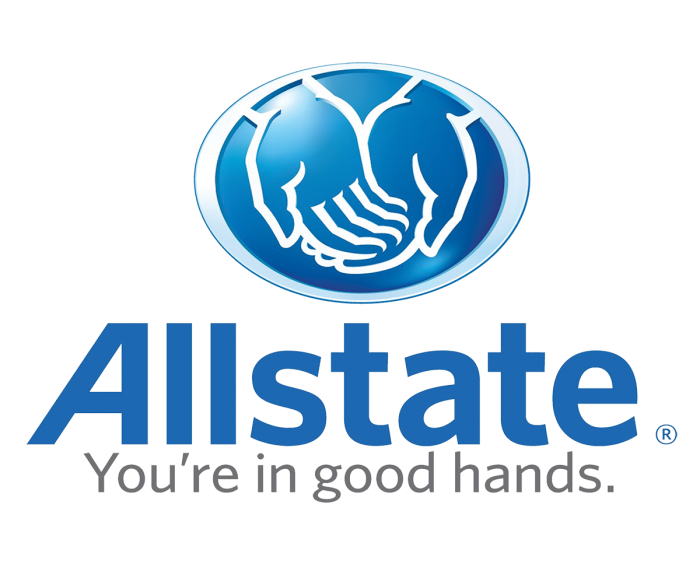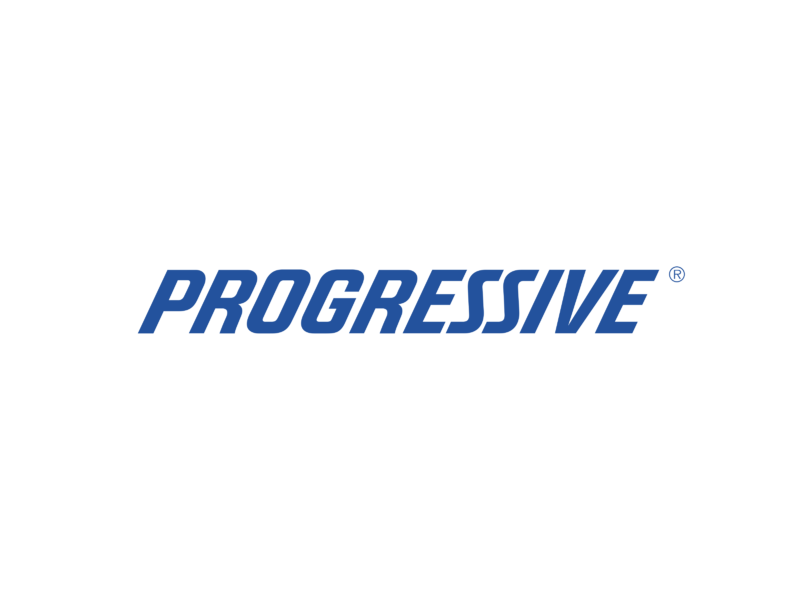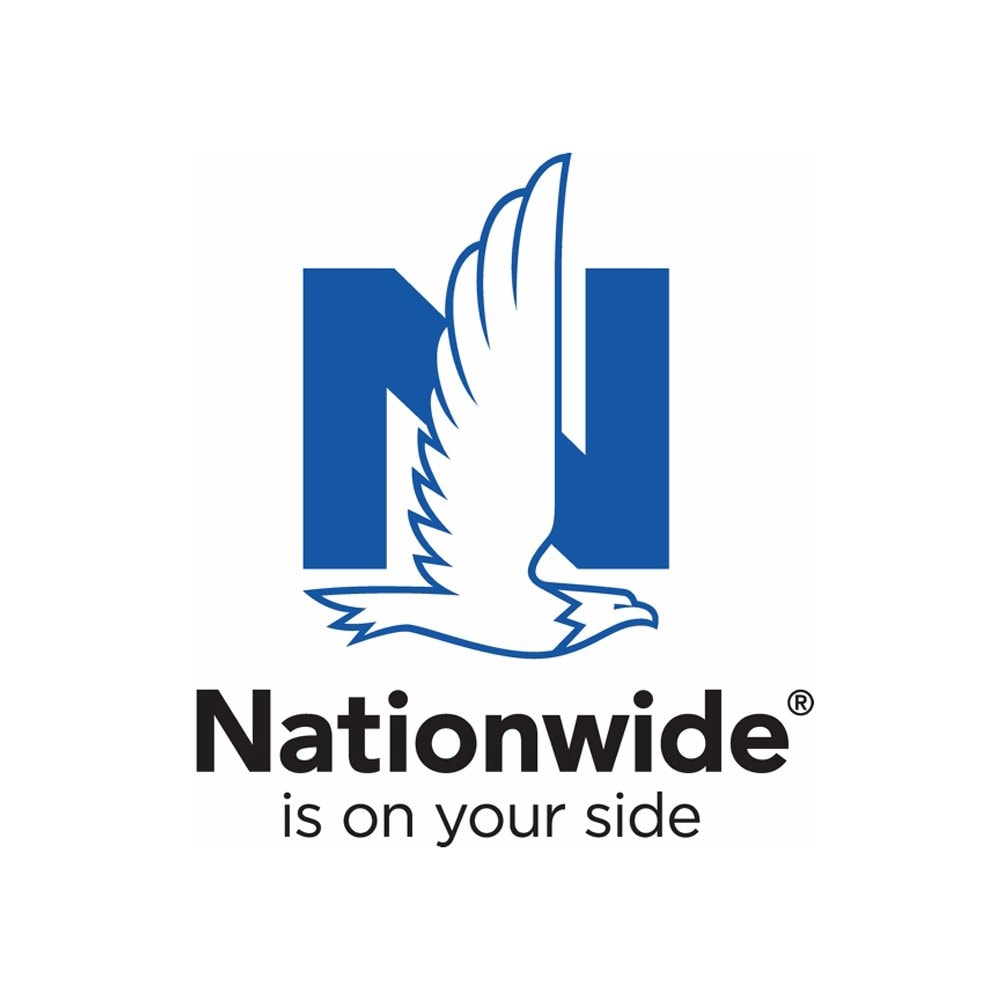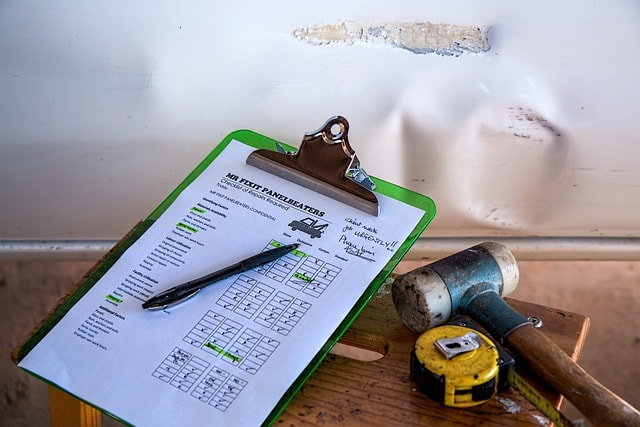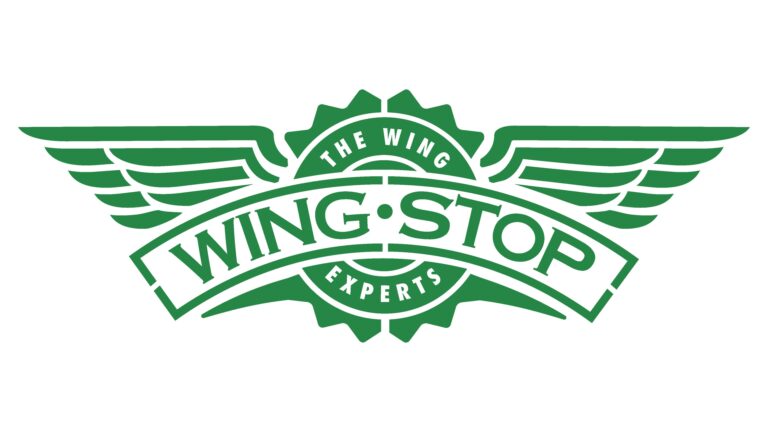What is Commercial Auto Insurance?
Commercial auto insurance is a specialized form of business insurance designed to protect vehicles used for business purposes. Unlike a personal auto insurance policy, which is intended for personal use such as commuting, commercial auto insurance provides higher liability limits and broader coverage tailored to the risks associated with business operations. This type of insurance safeguards businesses from financial losses resulting from accidents, property damage, or injuries involving business vehicles.
At its core, a commercial auto insurance policy helps cover medical expenses, legal fees, and repair costs related to covered accidents. Additionally, property damage liability coverage is a crucial component of liability insurance in commercial auto policies, protecting against costs incurred from damages caused to other vehicles or property during an accident. It is vital for businesses that rely on company vehicles, whether for transporting goods, providing services, or carrying out daily operations.
Definition and Purpose of Commercial Auto Insurance
Commercial auto insurance protects businesses that use vehicles for work-related purposes. Its primary purpose is to cover damages or losses from accidents, theft, or other unforeseen events involving company-owned or leased vehicles. A commercial auto insurance policy helps businesses mitigate risks and liabilities associated with vehicle usage, ensuring that they can continue to operate without significant financial disruptions.
By investing in a commercial auto insurance policy, businesses can safeguard their assets, reduce potential legal liabilities, and maintain smooth operations despite unexpected incidents. This type of auto insurance is essential for any business that relies on vehicles for daily activities, from transporting goods to providing services.
Types of Vehicles Covered by a Commercial Auto Insurance Policy
A commercial auto insurance policy typically covers a wide range of vehicles used for business purposes, including:
- Company-owned cars, trucks, vans, and SUVs: These are the most common types of vehicles covered under a commercial auto insurance policy.
- Leased vehicles: Vehicles leased by the business for work-related purposes are also covered.
- Rental vehicles: Coverage extends to vehicles rented temporarily for business use.
- Hired vehicles: Vehicles hired for specific tasks or projects are included in the coverage.
- Non-owned vehicles: This includes employee-owned vehicles used for work-related purposes, ensuring they are covered while performing business tasks.
- Specialized vehicles: Vehicles such as food trucks, construction vehicles, or delivery vans with specific business functions are also covered.
Commercial auto insurance ensures comprehensive protection for all business-related transportation needs by covering various vehicles.
Difference Between Commercial and Personal Auto Insurance
Commercial auto insurance differs significantly from personal auto insurance in terms of coverage, limits, and requirements. While personal auto insurance typically covers vehicles used for personal purposes, commercial auto insurance is designed to cover vehicles used for business purposes.
Why do I need Commercial Auto Insurance?
Commercial auto insurance is essential for business owners to protect their assets and ensure uninterrupted operations. If your business owns or uses vehicles for tasks such as deliveries, transporting equipment, or visiting clients, you need a commercial auto policy.
Risks and Liabilities Associated with Business Use of Vehicles
Businesses that use vehicles for work-related purposes face various risks and liabilities, including:
- Accidents or collisions: Involving company-owned or leased vehicles, which can result in significant financial losses and legal liabilities.
- Property damage or theft: Of vehicles, leading to costly repairs or replacements.
- Injuries or fatalities: To employees, customers, or third parties, which can result in medical expenses and legal claims.
- Lawsuits or claims: Resulting from accidents or other incidents, potentially leading to substantial legal fees and settlements.
- Business interruption or downtime: Due to vehicle repairs or replacement, affecting the continuity of business operations.
Understanding these risks highlights the importance of having a robust commercial auto insurance policy to protect against potential financial and legal repercussions.
Importance of Protecting Your Business Assets and Reputation
Protecting your business assets and reputation is crucial in today’s competitive market. A commercial auto insurance policy helps ensure your business is prepared for unexpected events and can continue operating without significant financial disruptions. By investing in commercial auto insurance, you can:
- Protect your business assets: Including vehicles and equipment, from financial losses due to accidents, theft, or damage.
- Mitigate risks and liabilities: Associated with vehicle usage, reducing the potential for costly legal claims and settlements.
- Maintain a positive reputation and customer trust: By demonstrating a commitment to safety and responsibility.
- Ensure business continuity: Minimize downtime and ensure your business operates smoothly.
- Comply with state and federal regulations: Regarding commercial vehicle insurance, avoiding potential fines and legal issues.
A commercial auto insurance policy is an essential investment for any business that relies on vehicles, providing peace of mind and financial protection against unforeseen events.
What does Commercial Auto Insurance cover?
Commercial auto insurance is designed to protect businesses from the financial risks associated with using vehicles for commercial purposes. Below, we compare what it covers and what it doesn’t.
What Commercial Auto Insurance Covers:
- Liability Coverage: Covers bodily injury and property damage liability resulting from accidents caused by company vehicles. Property damage liability coverage is crucial as it protects against costs incurred from damages caused to other vehicles or property during an accident.
- Collision Coverage: Pays for damages to your business vehicle after a collision with another vehicle or object.
- Comprehensive Coverage: Covers non-collision events such as theft, vandalism, or natural disasters.
- Medical Payments Coverage: Covers medical expenses for injuries sustained by the driver and passengers in a covered accident.
- Underinsured Motorist Coverage: Protects against accidents caused by drivers with insufficient insurance.
- Rental Reimbursement: Provides coverage for renting a replacement vehicle while a business vehicle is being repaired.
- Employee Hired Auto Coverage: Extends coverage to rented or non-owned vehicles used for business purposes.
What Commercial Auto Insurance Doesn’t Cover
- Personal Use of Vehicles: Damage or liability arising from personal use of business vehicles by family members or employees.
- Intentional Damage: Accidents or damage caused intentionally by drivers.
- Unlisted Vehicles: Vehicles not explicitly included in the policy.
- Regular Maintenance Costs: Expenses related to routine maintenance or wear and tear.
- Excess Coverage Needs: Claims exceeding the policy’s coverage limits.
What are the Best Commercial Auto Insurance options for Small Businesses?
Small business owners have access to several reliable providers of commercial auto insurance. When selecting a policy, consider factors such as coverage availability, liability limits, and cost.
Here are some of the top providers to consider.
The Hartford
Known for its robust commercial auto solutions, The Hartford offers specialized coverage options such as blanket additional insured coverage and rental reimbursement. It also provides tailored policies for small businesses.
Allstate
Allstate’s business auto insurance policies include comprehensive coverage options, higher liability limits, and access to their extensive claims process network, making it a reliable choice for small businesses.
Next Insurance
Next Insurance is an innovative option for small businesses. It offers customizable commercial auto policies and competitive rates, and its online platform simplifies the process of obtaining and managing insurance.
Progressive
Progressive is a leader in commercial auto insurance, offering competitive rates and various discounts. Their policies cover everything from service utility trucks to specialty vehicles used for business purposes.
Nationwide
Nationwide provides comprehensive commercial car insurance policies with flexible coverage limits. It also offers additional insured coverage and legal expense protection for small business owners.
What do I need to Apply for Commercial Auto Insurance?
Follow these steps to apply for commercial auto insurance:
Step 1: Assess Your Needs
Identify the vehicles and business operations requiring coverage. Consider factors such as the number of vehicles, their usage, and your desired coverage limits.
Step 2: Gather Necessary Information
Prepare a list of details, including:
- Vehicle identification numbers (VINs)
- Driving history for all drivers
- Business details (e.g., address, industry type)
- Estimated annual mileage for each vehicle
Step 3: Compare Policies
Research and compare policies from multiple providers to find the best fit for your business.
Step 4: Obtain Quotes
Request quotes from insurers to understand the commercial auto insurance rates and available discounts.
Step 5: Purchase a Policy
Choose the policy that meets your business’s needs and budget. Complete the application process and make the initial premium payment.
What are the benefits of Commercial Auto Insurance?
Commercial auto insurance provides significant benefits, including financial protection against accidents, legal expenses, and property damage. It ensures compliance with state regulations, protecting businesses from potential fines or legal complications.
Additionally, it provides peace of mind, knowing that both vehicles and employees are covered in the event of an accident. Policies often include options to cover rental vehicles and employee-driven vehicles, offering comprehensive solutions for diverse business needs.
What are the drawbacks of Commercial Auto Insurance?
Despite its advantages, commercial auto insurance has drawbacks. Premiums can be higher than personal auto insurance policies, particularly for businesses with multiple vehicles or a history of accidents.
Understanding coverage exclusions and ensuring adequate limits can be challenging. Claims processes may also be time-consuming, especially for cases involving legal fees or underinsured drivers.
Commercial Auto Insurance Pros & Cons
Pros:
- Financial protection for business vehicles.
- Covers liability, medical expenses, and legal fees.
- Higher liability limits than personal auto insurance.
- Comprehensive coverage options.
Cons:
- Higher premiums than personal auto policies.
- Exclusions for personal use of business vehicles.
- Time-consuming claims process.
- Can be difficult to choose a provider.
Frequently Asked Questions
Here are answers to some of the most common commercial auto insurance FAQs
How much does Commercial Auto Insurance cost?
Commercial auto insurance costs vary depending on factors such as the type of vehicle, coverage limits, and driving history. On average, small businesses pay between $600 and $2,400 annually per vehicle.
Consider bundling policies, maintaining a clean driving record, and increasing deductibles to reduce costs. Comparing quotes from multiple insurers can also help identify the most cost-effective option.
Can I use my personal car insurance instead of Commercial Auto Insurance?
Personal auto insurance policy typically does not provide sufficient coverage for vehicles used for business purposes. While a personal auto policy may cover occasional business use, it excludes vehicles primarily used for business operations. Commercial auto insurance offers higher liability limits and specific protections essential for business vehicles.
Is a General Liability Policy sufficient coverage?
General liability insurance covers property damage and bodily injury related to business operations but does not extend to vehicle-related incidents. A commercial auto insurance policy is necessary to cover accidents, medical payments, and legal expenses involving business vehicles. Combining both policies ensures comprehensive protection for your business.
Are there financing options to help with Business Vehicles & Insurance?
Business financing can provide funding for both vehicles and insurance premiums. Here are some potential options:
Equipment Financing
Equipment financing allows businesses to acquire vehicles by spreading the cost over time. Some lenders include soft costs, such as insurance premiums, in the loan amount, making it easier to manage expenses.
Business Term Loans
Term loans offer a lump sum of money that can be used to purchase vehicles and cover insurance premiums. This option provides flexibility in managing both short- and long-term financial needs.
Working Capital Loans
Working capital loans provide short-term funding to cover operational expenses, including commercial auto insurance premiums. While not ideal for purchasing vehicles, they can help bridge financial gaps.
Other Small Business Loans
You might also be interested in one of the following small business loans, whether to help with insurance costs or to fund other operational needs:
- Bad credit business loan.
- Business line of credit.
- Business loans for women.
- Invoice factoring.
- Merchant cash advance.
- Revenue-based loan.
- SBA loans.
- ERTC advance.
What is Commercial Auto Insurance – Final Thoughts
Knowing the ins and outs of commercial auto insurance will help you save your business and your bottom line from disaster. It protects first- and third-party incidents—accidents, theft, and damage—providing financial protection and peace of mind. Moreover, you’re typically required to carry commercial insurance for business vehicles.
Understanding what it covers and how much it costs informs your choices and helps you find the best fit for your needs. This insurance protects your company from sudden expenses and ensures your business continues to operate without interruption.
Contact us if you have more business insurance questions or to apply for a small business loan. Our alternative financing experts can help you find the best funding options for your goals.






